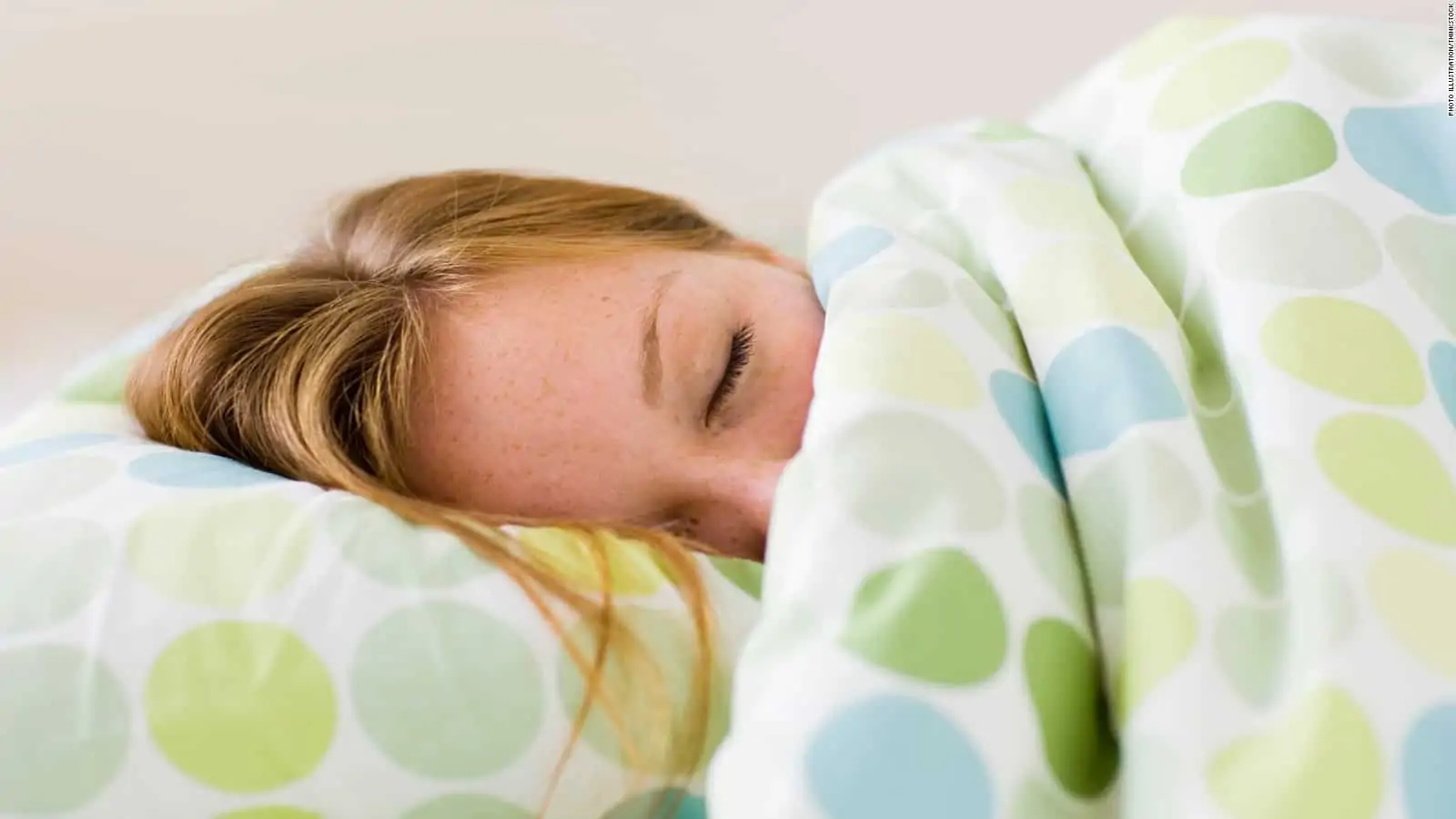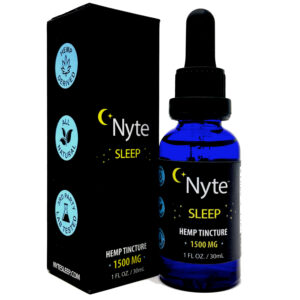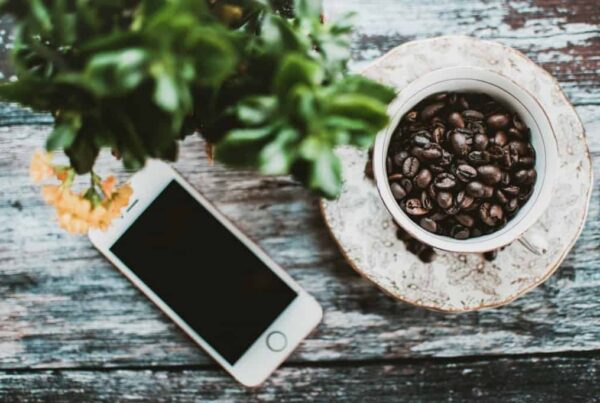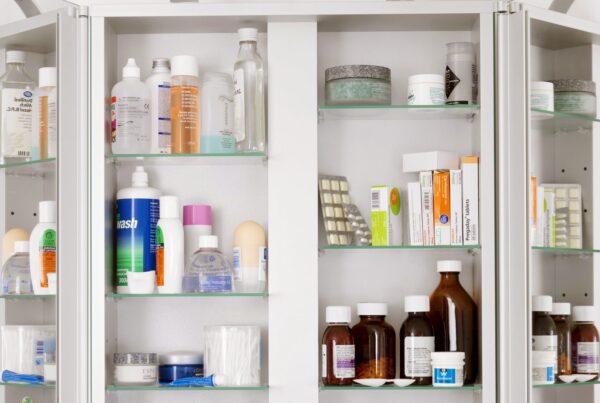Debunking The 8 Most Common Sleep Myths
The Internet is full of misleading information that can impact your beliefs about sleep as well as the quality of your sleep. This includes many common myths which can have a negative influence on the way you think about sleep and how it relates to your overall health and wellness.
Limiting Beliefs About Sleep
The most common myths about sleep are connected to underlying fears and limiting beliefs about sleep. Knowing that you can achieve better sleep and replace your limiting beliefs with more empowering ones is a great starting point for learning how to sleep better.
Below we debunk some of the most commonly repeated misconceptions related to insufficient or disordered sleep.
I’ve always slept poorly, I’m just a bad sleeper.
Nobody is stuck with poor sleep as an irreversible condition. While you may not be able to achieve perfect sleep, you can certainly improve – everyone can sleep at least a little bit better with the right information, tools and practices.
Lack of sleep can cause serious health problems.
Fortunately, this is not true. While sleep does affect immune function, it is rarely the sole cause of serious health issues except if you’re so tired you doze off behind the wheel while driving. Poor sleep may make your symptoms feel worse but it’s probably not the direct cause of any of them.
I need 8 hours of sleep each night.
8 hours is a myth. Everybody needs a different amount of sleep for optimal recovery and health. Using sleep tracking tools and practices can help you determine the right amount of sleep for your body as well as the best time to go to sleep and wake up based on your sleep chronotype.
If I don’t get enough sleep I have to catch up the next day.
While you may not operate at full capacity or feel your best, your body can still function fairly well without the right amount of sleep. Paying back your sleep debt can help improve recovery but don’t worry too much about occasionally not getting enough sleep.
The older I get the less sleep I need.
This is false, the amount of sleep you need each night will stay the same as you get older.
When I’m under-slept it makes me feel irritable, anxious or depressed.
Sleep deprivation does not cause anxiety or depression but it can make the symptoms feel worse.
Alcohol before bed helps me sleep better.
Alcohol right before bed actually has a negative impact on sleep quality. To avoid sleep disruption it’s best to discontinue alcohol consumption at least 2 hour prior to bedtime. Think going to bed – not passing out.
The more time I spend in bed the more sleep I can get.
Spending time in bed hours before falling asleep does not help your sleep quality, recovery or wellness. Knowing the right time to go to bed to reduce sleep latency onset is a much more effective approach to getting a good night’s sleep.
Creating Empowering Beliefs About Sleep
Now that you are aware of some of the common misconceptions about sleep, it’s a great time to replace any false beliefs you may hold with new empowering beliefs that will help you lay the foundation for getting your best night’s sleep.
Take some time right now to reflect on your personal limiting beliefs about sleep and the underlying fears behind them. Then write down your own new empowering beliefs about sleep, making statements using identity affirmation – focusing on who you are rather than what you do. For example, “I am a person who always prioritizes sleep” OR “it’s absolutely possible for me to fix my sleep”, or “I’m a good sleeper.”
Any time you find yourself having a negative thought about sleep, pause, take a deep breath, exhale and release the limiting negative thought and repeat your empowering identity affirmation.
To your best Nyte Sleep!
Signing off… Zzzzz







